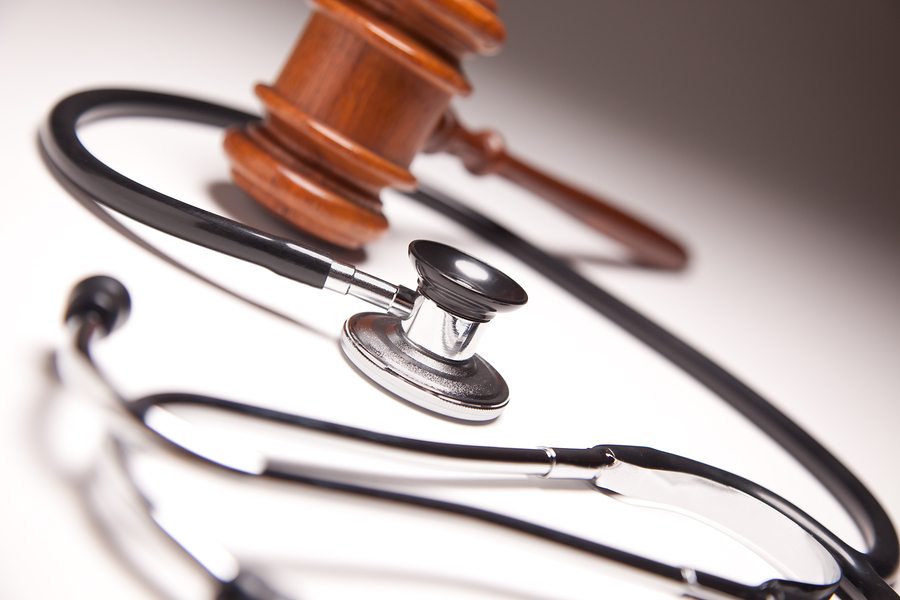Low testosterone, which is also called “low T”, is common in the United States. According to a recent report by ABC News, as many as one in four American males over the age of 30 may have low testosterone, which can result in fatigue, depression, anemia, loss of libido, erectile dysfunction, and other negative effects. Millions of low T patients have been prescribed testosterone-boosting medications, many of which are applied topically as gel or in patch form. However, many patients are unaware that the FDA cautions that prescription testosterone products are approved only for men who have low testosterone levels caused by certain medical conditions, and that testosterone replacement therapy (TRT) may have serious side effects.
Every medication, whether prescribed or purchased over-the-counter, carries some risk of causing unwanted side effects. Just turn on your television and listen carefully the next time you see a drug commercial – you’re likely to hear warnings about potential side effects like itchy skin, constipation, indigestion, seizures, and any number of other adverse events ranging from the mildly annoying to the imminently life-threatening. Clearly testosterone boosters aren’t the only drugs that have side effects.
However, lawsuits against testosterone manufacturers allege that these drugs were marketed to treat “low T”, a condition the FDA hasn’t recognized as a disease. In fact, testosterone is only FDA-approved to treat hypogonadism. Hypogonadism is characterized by a drastic hormonal decline caused by injury or disease. Testosterone lawsuits allege that drug companies have wrongfully marketed testosterone products to men for treatment of “low T” which is beyond its FDA approved use and that this has endangered healthy men.
Dr. Carl Pallais, a Harvard Medical School endocrinologist and assistant professor of medicine, sums the issue up aptly: “Because of the marketing,” he says, “men have been flooded with information about the potential benefit of fixing low testosterone, but not with the potential costs.”

Medical research suggests that the risks of TRT may outweigh the benefits. On one hand, there has never been the sort of large-scale, long-term study that would provide doctors with conclusive data. As Dr. Pallais says, “I can’t tell you for certain that taking testosterone raises the risk of heart problems and prostate cancer, or that it doesn’t. We need a large study with multiple thousands of men followed for many years to figure it out.”
On the other hand, some of the research which has been conducted points to some extremely serious adverse events. So is it really worth the gamble? That’s a personal decision each patient must make for themselves; but before you make the choice, you should be aware that:
If you or a family member suffered a stroke, heart attack, or other serious adverse effects while using prescription AndroGel, Androderm, Axiron, Fortesta, or other testosterone-boosting medications you should consult with an attorney as to your rights. A product liability lawyer may be able to help your family get compensated for the pain and suffering, medical bills, and other financial losses, including expenses you are expected to incur in the future.
The Wieand Law Firm, LLC is investigating testosterone injury and wrongful death claims throughout Pennsylvania and New Jersey. To find out if you could have an injury claim in a free and confidential consultation, call a testosterone injury attorney at (888) 789-3161 today.
*Disclaimer: This article is for informational purposes. It is not legal advice and should not be used as legal advice. The Wieand Law Firm, LLC is based in Philadelphia, PA, and proud to serve clients throughout Pennsylvania and New Jersey.*